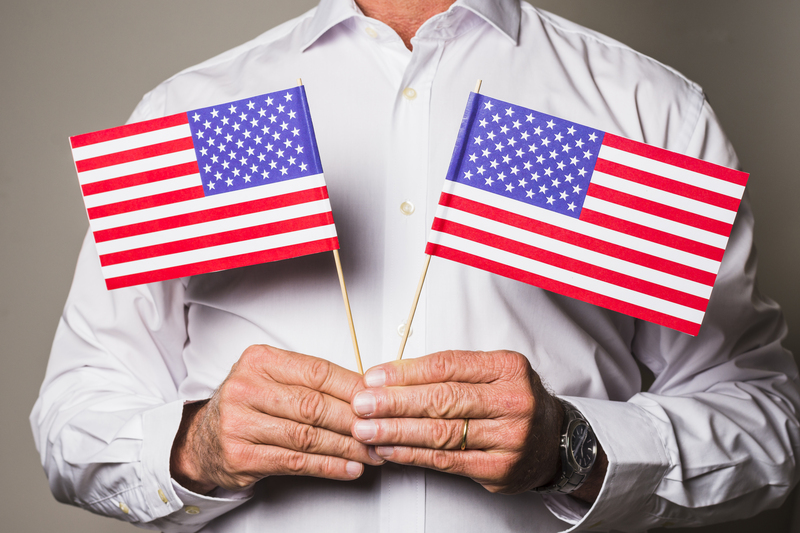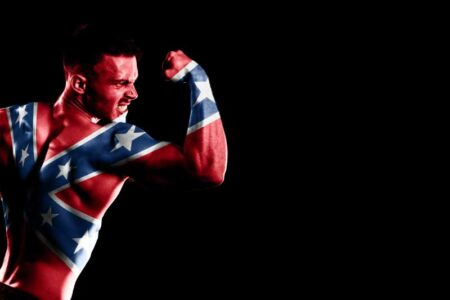Presidents of the United States have been showered with nicknames, some honorable, some hilarious, and others just plain peculiar. Join us on this quirky journey through presidential pseudonyms that reveal the humor, history, and quirks of America’s commanders-in-chief.
There is no clear answer as to how presidents come up with their nicknames. Some presidential nicknames are given by others, such as the media or political opponents, while others are earned through one’s actions. Presidents and their aides have also long bestowed nicknames on each other, often to undermine their rivals. In politics, as in life, nicknames help encapsulate the essence of a person, or at least that’s what the nicknamers hope. Some presidents have embraced their nicknames, while others have not. For example, Bill Clinton did not like his nickname “Slick Willie” and explained in a 2004 interview that “no one could fairly look at my political life and say I didn’t believe in anything”.
(Related: https://whatsgoodly.com/politics/hilarious-things-both-trump-and-clinton-supporters-agree-on/)
Joe Biden – Scranton Joe, Amtrak Joe, Sleepy Joe, and Sloppy Joe
Joe Biden, hailing from Scranton, Pennsylvania, has been affectionately known as “Scranton Joe.” His frequent use of Amtrak trains for commuting to Washington, D.C., earned him the moniker “Amtrak Joe.” However, his opponents, most notably Donald Trump and his supporters during the 2020 United States presidential election, used the pejorative nicknames “Sleepy Joe” and “Sloppy Joe” to critique Biden’s perceived mental acuity and leadership style. These presidential nicknames became prominent tools in the political discourse of the time.
Donald Trump – The Donald, 45, and President Snowflake
Donald Trump’s nickname, “The Donald,” has been around since his first wife, Ivana Trump, referred to him as such in a 1989 interview. Additionally, he embraced the number “45” as a nod to being the 45th president. However, his time in office also saw the emergence of the pejorative nicknames “President Snowflake” and “Snowflake-in-Chief.” These terms alluded to his perceived poor reactions to criticism, particularly on Twitter and in response to investigations such as the Mueller probe, adding a unique layer to the diverse collection of presidential monikers.
George Washington – The Unbeatable Cincinnatus and The Fabulous Fabius
George Washington, our inaugural president, scored a couple of cool nicknames. “The Unbeatable Cincinnatus” likened him to the famous Roman who conquered and then humbly returned to civilian life. Meanwhile, “The Fabulous Fabius” celebrated his strategic military moves during the Revolutionary War.
Barack Obama – No Drama Obama
Throughout his presidency, Barack Obama was known for his composed and unflappable demeanor, even in the face of significant challenges. His ability to remain cool under pressure earned him the nickname “No Drama Obama.”
Bill Clinton – Slick Willie, The Big Dog
Bill Clinton earned the nickname “Slick Willie” due to his charismatic and smooth communication style. He was known for his ability to connect with people, convey his message persuasively, and navigate through complex political situations with charm and ease. Another nickname associated with Bill Clinton is “The Big Dog.” This moniker reflects his larger-than-life personality, commanding presence, and influential role in American politics.
Zachary Taylor – Rough and Ready
His nickname was a reflection of his rugged appearance and unpretentious demeanor. He was often seen in the field wearing simple, rough clothing, earning him the “Rough” part of the nickname. Taylor’s military success and his “Rough and Ready” image propelled him into the political spotlight. He was a relative newcomer to politics when he became president, and his no-nonsense approach continued to define his leadership style in the White House.
William Henry Harrison – General Mute and Tippecanoe Titan
William Henry Harrison was known for being tight-lipped during his election campaign, earning him the nickname “General Mute.” But his victory at the Battle of Tippecanoe gave him the unforgettable title of “Tippecanoe Titan.”
John Tyler – The Accidental President
John Tyler’s nickname is rather unique: “The Accidental President.” It describes the unusual circumstances that led him to the highest office in the land. He was the first to ascend to the presidency due to the death of his predecessor, William Henry Harrison. Tyler’s presidency marked a pivotal moment in American history. It raised significant questions about the constitutional process of presidential succession and the powers and duties of an acting president.
Theodore Roosevelt – The Rough Rider and The Trust Buster
Theodore Roosevelt was both a “Rough Rider” due to his wartime leadership and a “Trust Buster” for his efforts to break up business monopolies. Roosevelt’s nickname as a Rough Rider captures his fearless and audacious nature. He was known for his love of physical challenges, including hunting, boxing, and exploring the American wilderness. His adventurous spirit mirrored that of the cowboys and frontiersmen who fought alongside him in the Rough Riders.
Andrew Johnson – The Tailor-Turned-President
Andrew Johnson’s moniker, “The Tailor,” is a testament to his extraordinary rise from a humble background to the highest office in the land. Before entering politics, Johnson was indeed a tailor by trade. He honed his skills as a tailor during his early years, and this occupation would become a defining feature of his early life. Johnson’s background as a tailor emphasized his connection to the common people. His humble beginnings and working-class roots endeared him to many who saw him as a self-made man who understood the struggles of everyday citizens.
Presidential Reactions to Unflattering Nicknames
Some presidents have publicly responded to their unflattering presidential nicknames, while others have not. For example, Richard Nixon embraced his nickname “Tricky Dick” and even used it in his 1968 presidential campaign. On the other hand, Bill Clinton did not like his nickname “Slick Willie” and explained in a 2004 interview that “no one could fairly look at my political life and say I didn’t believe in anything”. It is worth noting that some presidents have not publicly responded to their unflattering nicknames, and their reactions may have been private or not recorded in history.
Nicknames have been a part of American politics for a long time, and they can be both flattering and unflattering. They can be assigned by others or earned through one’s actions. Regardless of their origin, nicknames can help encapsulate the essence of a person, and they can be a form of prep school-style hazing or a badge of honor for mid-level staffers.






